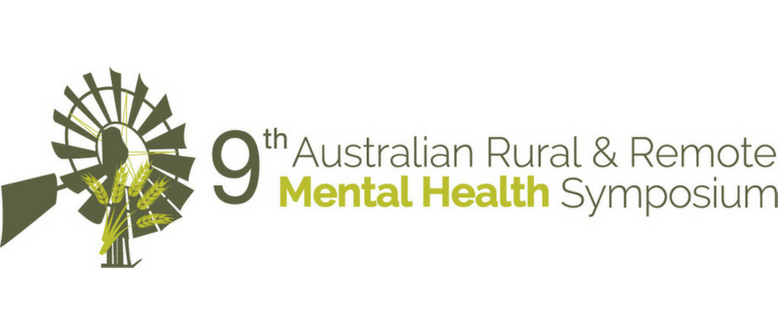The 2018 Australian Rural & Remote Mental Health Symposium will be held this month over 15-17 October at the Hotel Grand Chancellor, Hobart, Tasmania.
Joining us at the conference is Professor Greg Carter Psychiatrist, at Calvary Mater Newcastle who will present on ‘Suicide Risk Assessment: Alternative Approaches are Needed’.
Abstract
Despite decades of research to identify risk factors and to develop predictive instruments for future suicidal behaviours (especially suicide), risk stratification (high v low risk) is too inaccurate to be clinically useful. Risk stratification misses many cases and has a high false positive rate. Positive Predictive Value (PPV) is the simplest way of statistically evaluating the accuracy of prediction for an individual patient and the low prevalence of suicidal behaviours, even in clinical populations, imposes an absolute statistical ceiling on PPV. This ceiling is independent of the methods used to generate the predictive instrument.
This presentation will present the best estimates of sensitivity and PPV from recently published systematic reviews of all predictive instruments; and will demonstrate how low prevalence effects PPV in the prediction of suicidal behaviours.
Instead of using highly inaccurate risk stratification as the basis for differential allocation of treatment, we should focus on real engagement with each patient, their specific problems and circumstances. An alternative approach comprising a needs assessment, identification of modifiable risk factors and use of effective interventions should be used to guide management. These alternative approaches have been endorsed by the relevant NICE and RANZCP guidelines. Future research could be directed away from risk stratification and toward a better understanding of needs, specific modifiable risk factors and effective interventions.
Key Learnings:
1. Suicidal risk stratification is not clinically useful
2. Low prevalence imposes and absolute limitation on PPV
3. Alternative approaches are required
Biography
Professor Gregory Carter is currently Senior Staff Specialist and Acting Director of Consultation Liaison Psychiatry, Calvary Mater Newcastle Hospital, Waratah, and Conjoint Professor in Psychiatry in the Faculty of Health and Medicine, University of Newcastle, Australia. He is the chair for the RANZCP Working Group for the development of Clinical Practice Guidelines for Deliberate Self-Harm. His areas of clinical and research interest include deliberate self-poisoning, suicide prevention, epidemiology of suicidal behaviours, delirium, post-stroke depression, organ donation, and psycho-oncology.
For more information on the upcoming 2018 Australian Rural & Remote Mental Health Symposium please visit anzmh.asn.au/rrmh